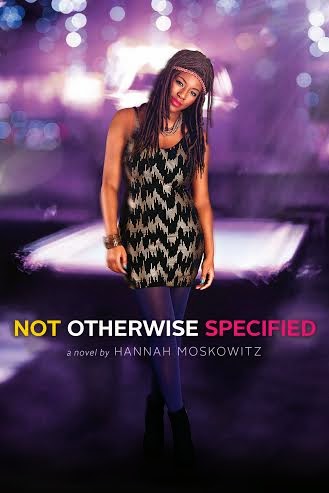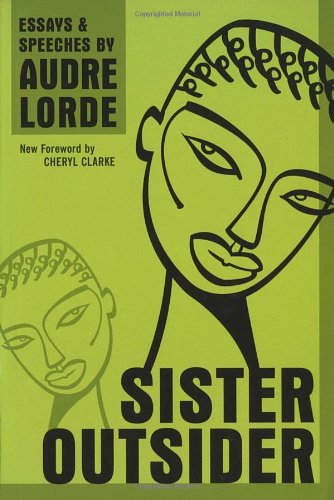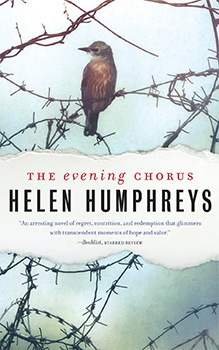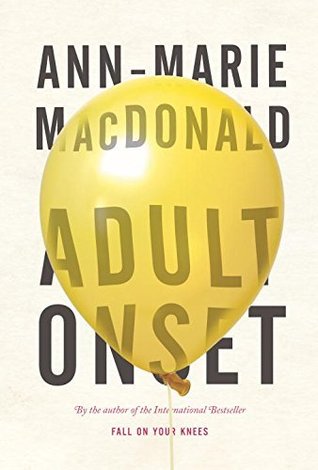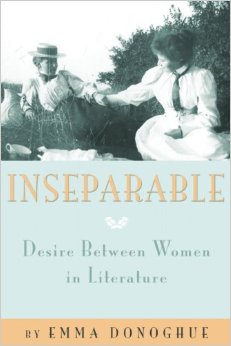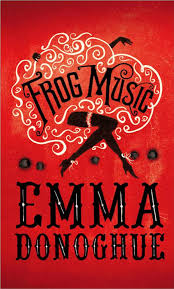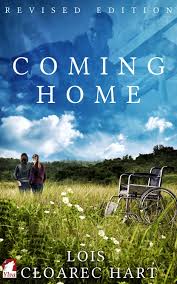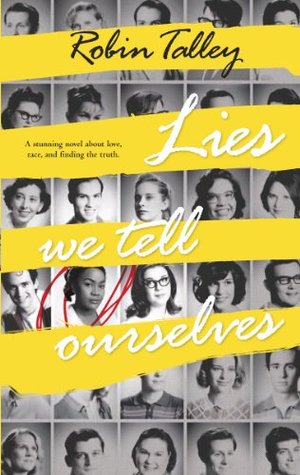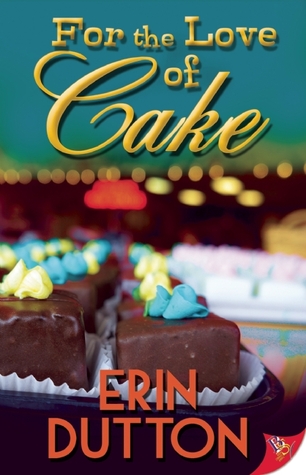In high school, Fat Angie has never been addressed by just her first name. The “Fat” title has become a part of her, and as she repeats freshman year, it seems like she will never escape the critiques on her appearance. It is not just her classmates who name Angie resident fat girl of their conservative Ohio town, however – her mother and adopted older brother contribute to the constant commentary. When KC Romance comes to town, Angie assumes she will quickly assimilate into the social scene of high school and join in the bullying – but KC decides to break the mold and become Angie’s friend.
There is more to Angie than meets the eye, and the reader soon learns that she is battling more than the assault on her image. Angie’s older sister, who seems to have been her only friend before KC, abruptly joined the military after high school and is now a prisoner of war in Iraq. Angie’s sister’s story is frequently featured on the news, casting an unwanted light on the family as they attempt to deal with their grief. Angie’s obsession with her sister’s fate shadows all of her actions – at times, overwhelming her with despair and, but other times, compelling her to live for her sister’s sake.
KC is also a seriously complex character. Although her genuine interest in befriending Angie made me like her, I found myself wanting her to be a better friend as their relationship developed. The truth is that KC is just as troubled as Angie, and has just as much difficulty navigating their relationship as it fluctuates between friendship, awkward non-friendship, and more-than-friendship. It is frustrating to watch the girls go back and forth, but it also reveals the key issue at play: that neither girl has really known how to have a true friend, never mind a girlfriend.
Author e. E. Charlton-Trujillo’s representation of KC and Angie’s relationship exemplifies how interactions between new friends are often fraught with tension; my favorite way that this was depicted was through frequent pauses in the girls’ dialogue, where the reader is forced to experience the awkwardness.
Charlton-Trujillo certainly packs a lot of complicated situations into this novel (which may have helped it to win the American Library Association’s Stonewall Book Award in 2014). While critics have called it a stereotypical “issue” book, I tend to disagree. I think the intersection of Angie’s sister’s situation with Angie’s self-image issues and questioning of her sexuality is handled well and believably intertwined.
[trigger warning] I will mention that there are times when self-harm and attempts at suicide are handled less well. [spoiler, highlight to read] For example, at the climax of the novel, Angie runs to KC’s house to find her in the midst of an act of self-harm. This was really jarring and seemed to be excessive at the time; as I continued reading, I felt like KC’s situation was not explained or resolved in a way that justified the image being included. [end spoiler]
Overall, I would characterize Fat Angie as hard-hitting, but with just enough highs and hope to balance out the story. It’s worth the read, even if it will make you cringe as you try to find the words to help Angie and KC finally get together.
*It is also worth noting that Charlton-Trujillo’s book tour for Fat Angie consisted of her facilitating workshops for at-risk youth, empowering them in order to further the mission of the novel. Check out more about that here.


